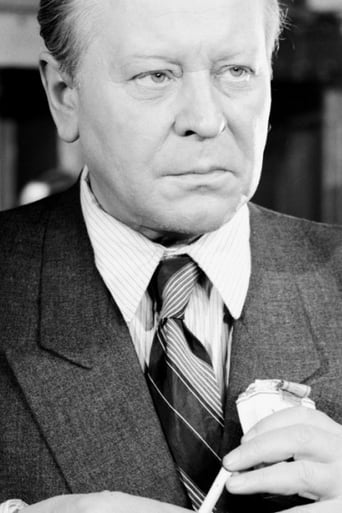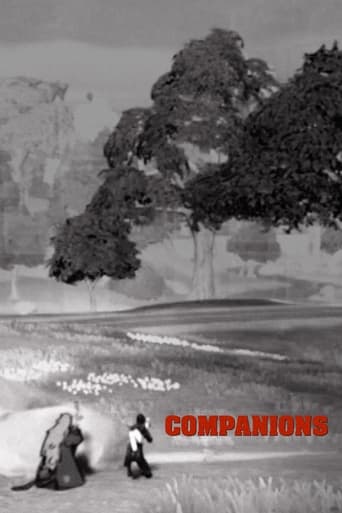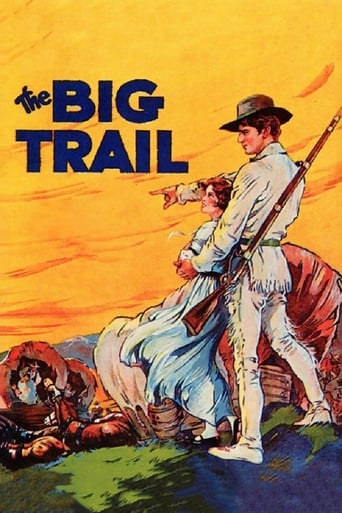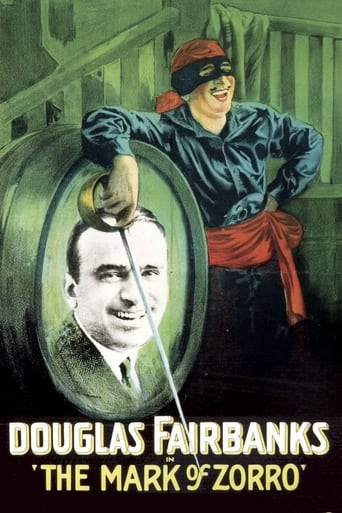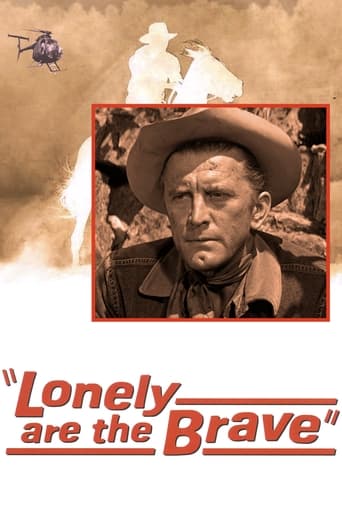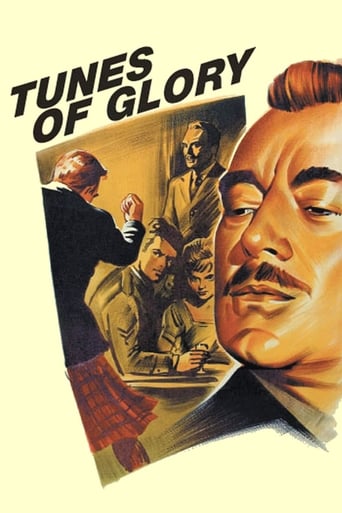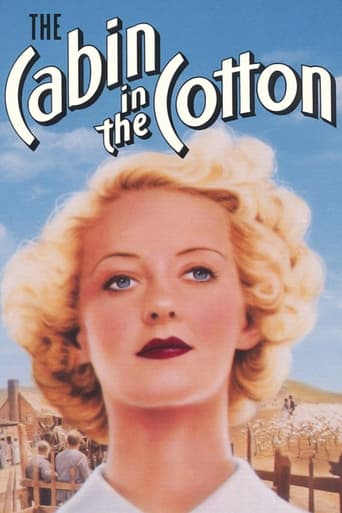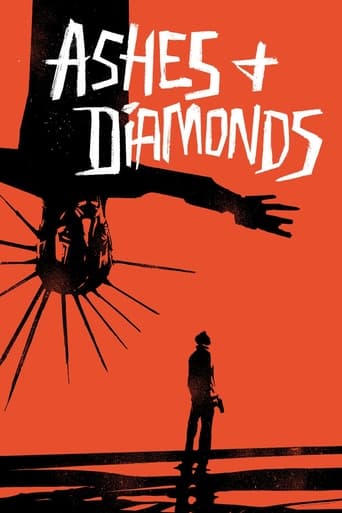
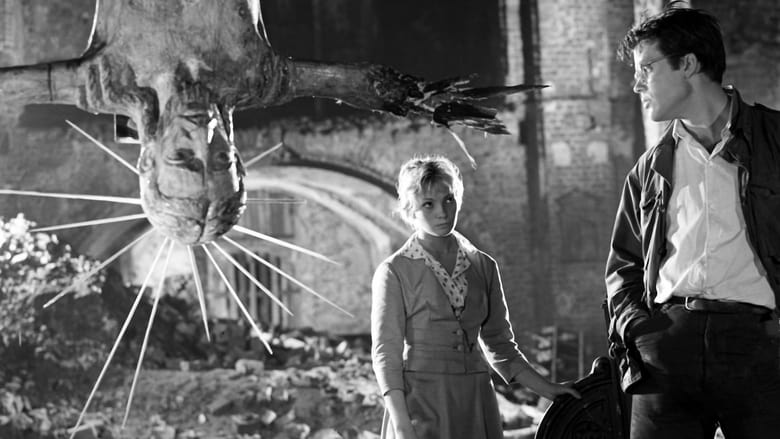
Ashes and Diamonds (1958)
A young academy soldier, Maciek Chelmicki, is ordered to shoot the secretary of the KW PPR. A coincidence causes him to kill someone else. Meeting face to face with his victim, he gets a shock. He faces the necessity of repeating the assassination. He meets Krystyna, a girl working as a barmaid in the restaurant of the "Monopol" hotel. His affection for her makes him even more aware of the senselessness of killing at the end of the war. Loyalty to the oath he took, and thus the obligation to obey the order, tips the scales.
Watch Trailer
Cast
Similar titles
Reviews
You won't be disappointed!
If you don't like this, we can't be friends.
All of these films share one commonality, that being a kind of emotional center that humanizes a cast of monsters.
An old-fashioned movie made with new-fashioned finesse.
I loved this film classic, and after seeing it, I can understand why both Martin Scorsese and Francis Ford Coppola were so influenced by it. It is remarkably shot. The following scenes will stay within my cinematic consciousness for a long while: (a) the church scene with the upside-down Christ; (b) the Communist official's assassination scene with the fireworks; (c) the long, reflective bar table with the lit shot glasses; (d) the hotel staircase scene immediately preceding the assassination with the myriad of graphic patterns across the screen on the walls, the floor, etc.; (e) the drunk man's "crowd attack" with the fire extinguisher at the banquet table; (f) the ending dance/dirge at daybreak. The cinematography really reminded me of the work of Gregg Toland in CITIZEN KANE. In fact, as in KANE, almost all of ASHES & DIAMONDS' interior scenes were shot with the camera very low, or even under the floorboards, where the ceilings were always visible. The cinematography was fantastic!I liked the narrative structure also; however, I can understand one's confusion given the complex WWII political structure of Poland, the Communist, the Germans, etc. But, subtracting the political undertones of the narrative, I found that the film raised compelling issues of courage, conscience, heritage, and pride. Loved the fact that the main character -- deemed "the James Dean of Poland" -- after falling in love with the barmaid now wants to chance his mind and abandon the Polish Resistance. Only he can't because of his pride, his conscience, his colleague's challenge, or his fate.Loved the film's use of symbols and images: (a) the cross and Christ figures; (b) heat, and flames, and fire, all components of ashes and diamonds; (c) flowers and violets, from the small girl at the start offering the violets to the icon/altar above the church door at the start to the violets of the Barmaid and even violets eventually thrown in the trash; (d) the main character's dark glasses which symbolize his obscured vision, or that of the Polish Resistance or the Communists?Love the musical score. It was grand and operatic, and can be easily seen in Martin Scorsese's and Francis Ford Coppola's works.Loved the acting. The chemistry between the two leads was extremely believable. The rest of the cast was excellent as well.Score Grid --Script/Story: 4Cinematography/Visual Effect: 4+Editing: 3.5Sound/Musical Score: 4Production Design: 4+Acting/Performance: 4How good was the film objectively? Strong & Weak Points –See my comments above. Weakest point of the film was the editing. Could be cut sharper, cleaner.Worst, of course, was the quality of the print at the Festival. Shameful for such a b/w classic at a major festival venue.Recommend the film? Absolutely. Required for any lover of film and film history for the reasons noted above.
Andrzejewski's book was a tool of the communist propaganda, harmful and deceiving. Wajda's film was more temperate. Made in difficult times of hard state censorship it managed somehow to smuggle a picture of how complicated was the reality in Poland just after Second World War. Comparing to the book, the plot is a bit reduced, one important thread is discarded (of an advocate who returned from German camp, and he was outed by his time companion, Szczuka - communist activist targeted for assassination - as a former kapo). The summary of the film on this site is misleading. It is not a film about fight of former partisan fellow-men. It is a film about a choice, whether to remain in conspiracy and fight new regime or to go out from underground and start normal living, as only it is possible.For sure the film is more valuable than a book. Might be watched, although might be also hard to understand by a non-Poles.
This film was listed in the book of 1001 Movies You Must See Before You Die, there are some occasions where I question a placing in the book, and there are some I absolutely agree with, I was wondering which opinion I would have for this Polish film. Basically young Resistance fighter Maciek Chelmicki (Zbigniew Cybulski), on the last day of the Second World War, has been ordered to kill Communist district leader Szczuka (Waclaw Zastrzezynski). Killing for Maciek has been easy in the past, but Szczuka was a fellow soldier with him, so he must decide whether or not to follow his orders. Also starring Ewa Krzyzewska as Krystyna, Adam Pawlikowski as Andrzej and Bogumil Kobiela as Drewnowski. Being absolutely honest I cannot say too much about the film, not about the story, the acting or much else, because I did not pay the fullest attention and even if I did I could not follow it properly, but I did understand the plot, there were some interesting moments, but I cannot fully agree with the five stars out of five rating, or maybe I need to see it again, which I doubt I would do, but I know it is a reasonably good drama. Worth watching, at least once, in my opinion!
When Germany surrendered in WWII on May 8, 1945 there was much celebration in the West, but the mood in Poland was not altogether jubilant - the Nazis had been defeated but the Soviet occupation was settling in for a long stay. The complexity of the political situation is reflected in this film but, short of having been there or studied the history, an encompassing understanding of the chaotic situation must remain incomplete I think. However, this film is a great example of how focusing on the lives of a few characters in a single twenty-four hour period can illuminate significant historical facts in the context of an intriguing story.The characters are representative of the factions existing in Poland on the day of the German surrender. You have: Maciek, a resistance fighter who had opposed the Germans and was continuing the struggle against the communists; Szczuka, a Pole who embraced the communists and had become a party official; Drewnowski, whose sympathies were with the resistance, but who hedged his bets by playing on both sides; people sucking up to the new power structure for purely personal gain; and most folks, who were just trying to get by.Moral ambiguities abound, raising issues with no easy answers. In an attempt to kill Szczuka Maciek mistakenly kills two innocent workers returning from a day of work at a local cement plant. Is continued resistance worth the sacrifice of innocent Polish lives? Maciek is conflicted about this and when Maciek's superior officer asks his superior if it is really necessary to kill Szczuka, he gets a resounding "Yes," followed by the question, "Is this the Poland you fought for?" Ordinary citizens bemoan the fact that any killing of Poles by Poles is wrong, but the very existence of the resistance shows that there is no universal agreement on that. Though Szczuka may be on the wrong side, he is not played as a villain and in fact he seems sincere in his convictions. You believe there is no evil intent when he says, "The end of the War isn't the end of our fight. The fight for Poland and what kind of country it is to become has just begun." Having met and become infatuated with the beautiful Krystyna, Maciek is torn between giving up on the resistance and pursuing personal goals. But his superior officer's implication that to do so would be traitorous to the cause resonates with him and, when he has an opportunity to kill Szczuka, he casts his lot with the cause he has fought for - a cause he knows is probably doomed, and will doom him. Better to die for a doomed cause you believe in than live a lie? Or, is it better to work within the system in trying to achieve heretical ideals?Zbigniew Cybulski is a quirky but charismatic actor. His unexpected facial expressions and body movements create a unique, memorable character. All the actors are good, and the melancholy score is perfect for the mood of the film - it is reminiscent of some of the more plaintive works of Nina Rota.A most impressive aspect of this film is the black and white cinematography. Every scene is artistically composed and there are many scenes that achieve a stunning effect, such as the one between Maciek and Krystyna in the ruined church with a life-sized crucifix hanging upside down and swaying to the sound of an eerie squeak, perhaps suggesting that the church had been turned on its head, or otherwise marginalized. The initial scenes also suggest the impotence of religion during this difficult time. When one of the innocent workers tries to escape Maciek's shots, he seeks refuge in a church, but the door is locked. After the door jam has been blown off the worker falls through the doorway, revealing a mangled crucifix inside.This film encourages one to do a little study of Polish history. Poland lost over five million civilians in the war, about three million of them Jews. This out of a population of thirty-five million. Poland also lost over 400,000 military personnel fighting for the allies, about the same number that the United States lost. Total U.S. casualties during the war accounted for about a third of one per cent of the total population, compared with a 16% loss of the Polish population. And, in the end, what Poland got for its sacrifice was a fifty year period of Soviet occupation. The segment of Norwid's poem that Maciek recites, "Will only ashes remain, and chaos, whirling into the void, or will the ashes hold the glory of a starlight diamond?" is particularly poignant in view of what happened.This film is in a league with the best black and white films of Bergman and Fellini.


